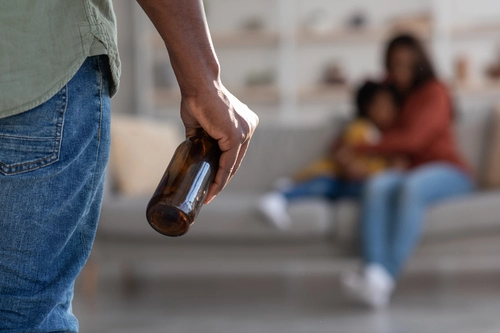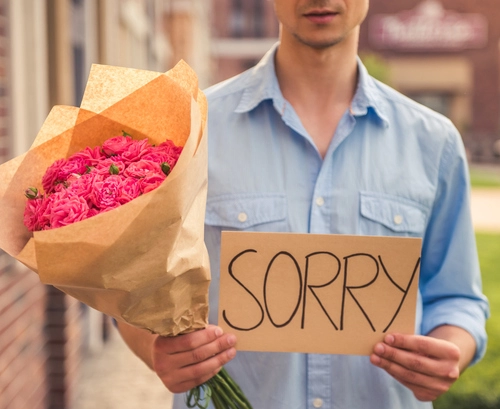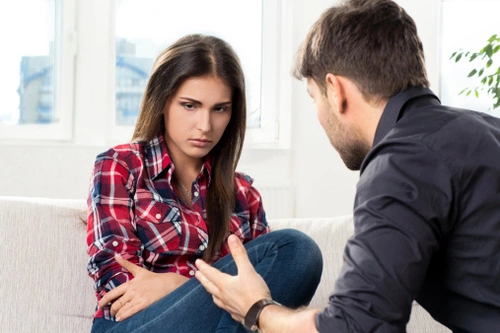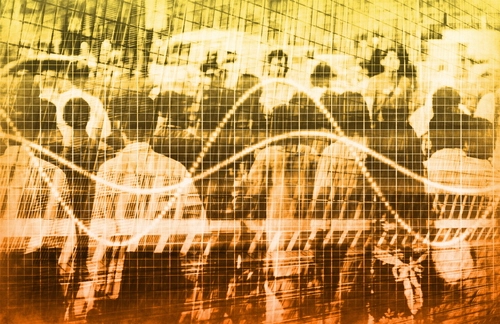1. Select a discrete app icon.

notes
What Makes People Choose to Abuse?
There’s no simple way to predict who will become a batterer
- Sep 10, 2014
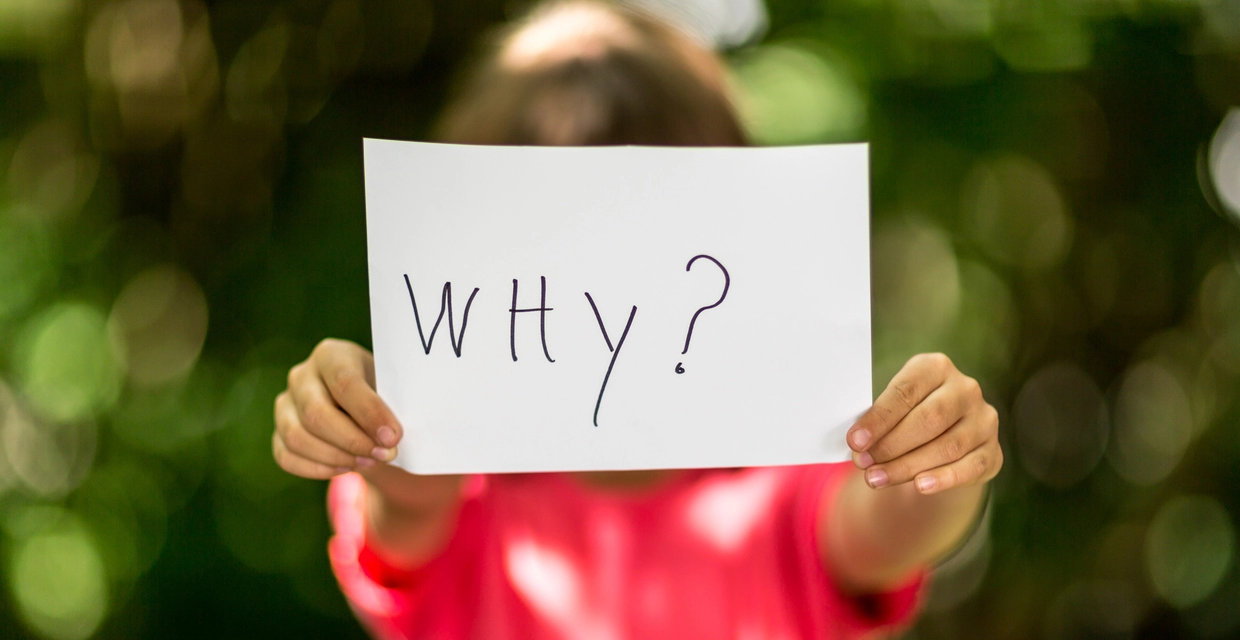
Let's look at an alarming dichotomy for a second: Abusive partners inflict violence on an astounding 1.3 million women in the U.S. each year. If you add in rape and stalking to that number, and count male victims as well, that stat rises to more than 12 million individuals who have been victimized by their partner in the course of a year.
At the same time, 2.5 million people are getting married each year, entering into what they believe will be the utmost happy and respectful partnership. While domestic violence can occur whether you're married or not, the statistics are still enough to make something very clear: Many people are signing up for domestic abuse and have no idea. It begs the question that has no easy answer—what makes someone become an abusive partner?
It’s a query that makes Juanito Vargas sigh deeply and respond, “It can be many things. It's very complicated. And it’s definitely not a simple answer.” Vargas is the associate vice president of Safe Horizon, a New York domestic violence nonprofit and the largest victims’ services agency in the U.S. He says his staff doesn’t spend a lot of their energy trying to understand the abuser, but rather trying to help the survivors. “Our concern,” he says, “is with the survivors.”
Indicators Worth Paying Attention To
Vargas acknowledges that the one thing advocates know for sure is that many abusers, when asked about their childhood, speak of either witnessing or experience violence in their own homes. While studies and surveys on the topic report varied numbers, the Childhood Domestic Violence Association reports children who witnessed domestic violence in their childhood home were 3 times more likely to commit domestic violence as adults. The Association calls CDV the most significant predictor of domestic violence later in life.
Vargas is quick to point out that not everyone who has been exposed to childhood trauma or abuse will go on to abuse a partner. He says other factors can play a role, such as society at large. Vargas lists factors such as “how we think of violence, how violence is aimed at women, how women are objectified,” as possible contributors to a domestic violence trend that shows no signs of slowing down. This is also known as rape culture—the normalizing of sexual violence that infiltrates our daily lives through movies, television, pop culture and rhetoric, many times without us even realizing it.
“One of the other things we see is the role poverty plays in all this,” says Vargas. Studies have shown a higher incidence of domestic violence within poorer communities. Poverty can lead to increased stress levels, exacerbating an existing violence problem. Financial insecurity also makes it more difficult for survivors to find a viable way out of a relationship with an abuser. For more indicators that may help you spot a potential abuser ahead of time, see these statistics.
Abusers Can't Blame Drinking or Mental Illness
Some survivors feel like their partner is abusive only when he or she is drinking, but advocates say drinking should not be used as an excuse for domestic violence. Read more about that hot-button topic in "Why We Can't Blame Abuse on Alcohol."
The same goes for mental illness—studies show that those who choose to abuse are no more likely to suffer from a mental illness than those who don't abuse. Says Nancy Erickson, an attorney and consultant on domestic violence legal issues, “Domestic abuse is a behavior, not a symptom of a mental illness.”
Can An Abuser Choose to Not Abuse?
On the flip side, if an abuser can choose to abuse, would it make sense that he can choose not to? The jury's still out on this one. “This question is commonly asked but does not have a simple answer,” according to Emerge, the first counseling and education program to stop domestic violence in the U.S. According to the Cambridge, Mass., organization, someone who truly wants to stop will work to do so. Someone who doesn’t take such services seriously is at greater risk to re-offend.
While one can learn to control their anger, abusive behavior may be so ingrained in a person that one-hundred-percent reform may not always be possible, say experts. Lundy Bancroft, author of Why Does He Do That? Inside the Minds of Angry and Controlling Men, offers up a list of changes that could indicate an abuser is making progress in his recovery. They include accepting responsibility, making amends and demonstrating respectful behavior, among others.
Bottom line: The why? isn't as important as the what now? If you find yourself trapped in a cycle of violence with a partner, it's never OK. And, it's never your fault. Find help now if you are with an abusive partner.
Looking for someone to speak with? Enter your location to find phone numbers for domestic violence experts in your area.
Have a question about domestic violence? Type your question below to find answers.

